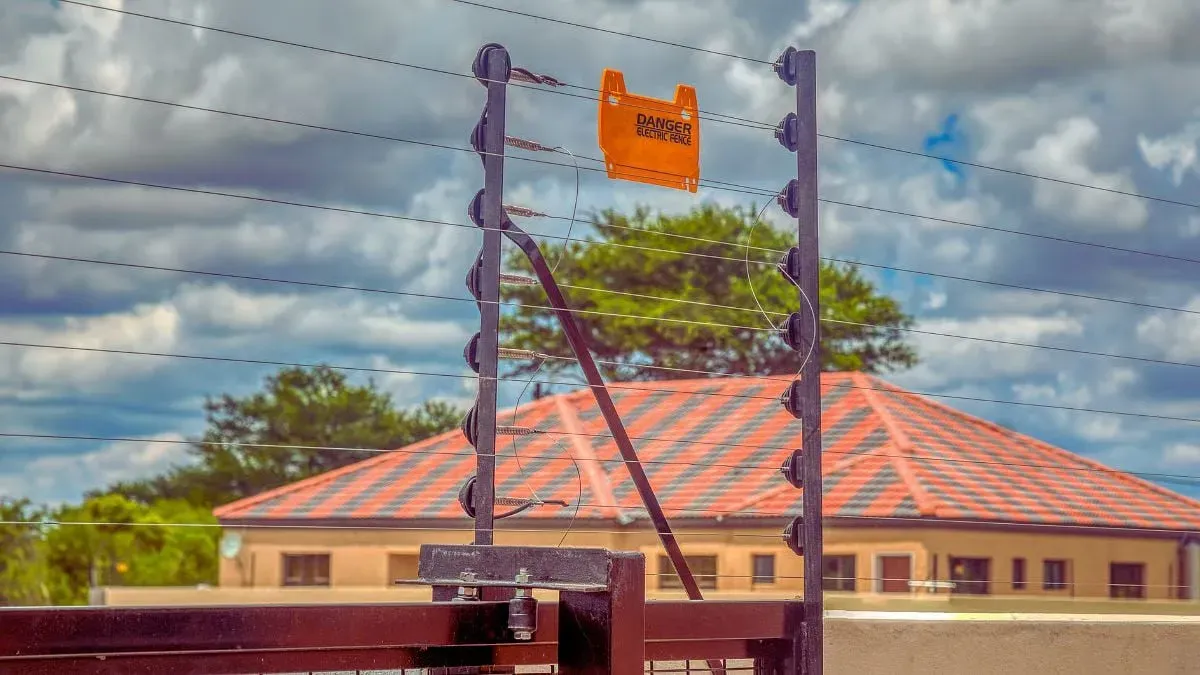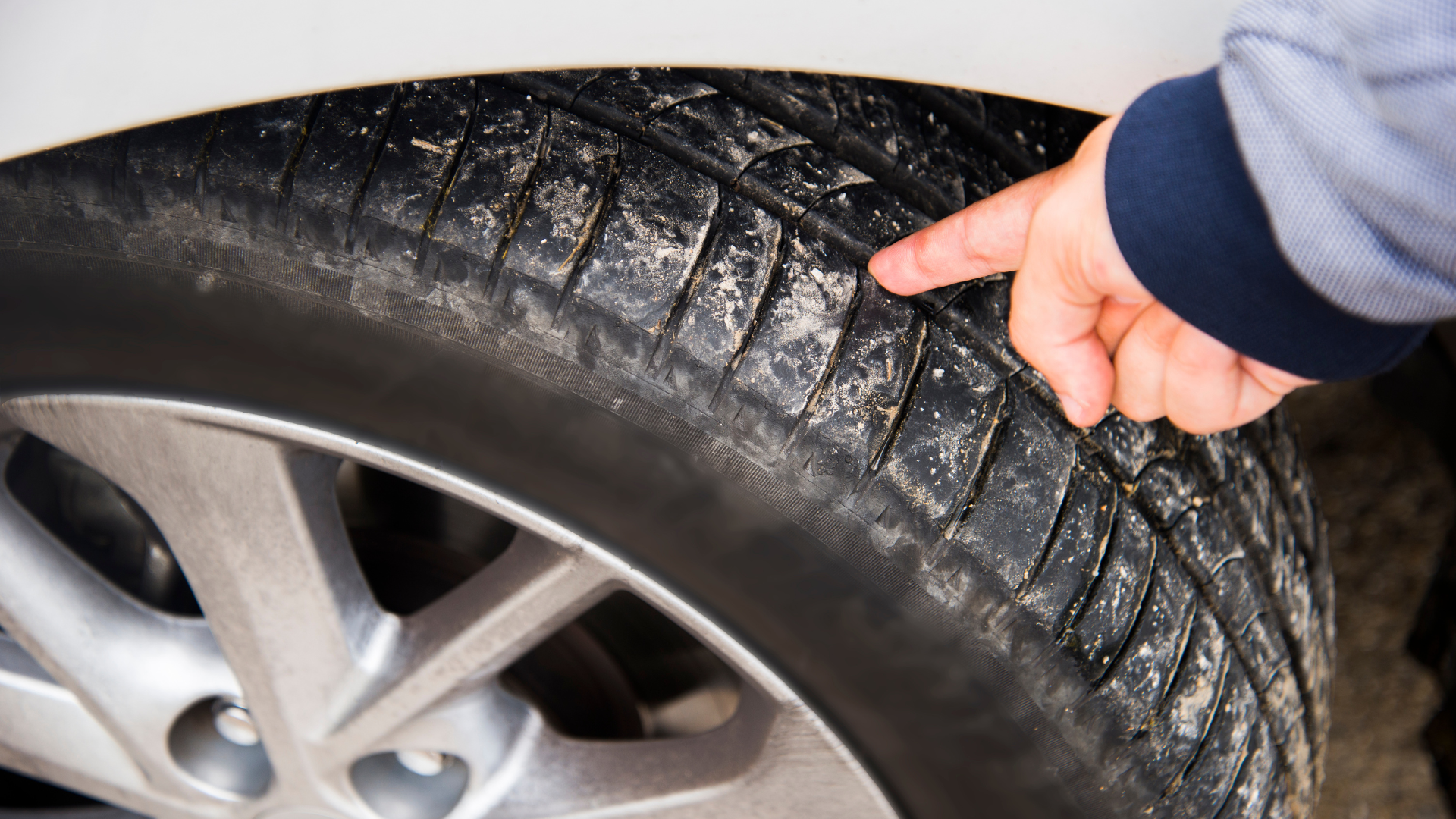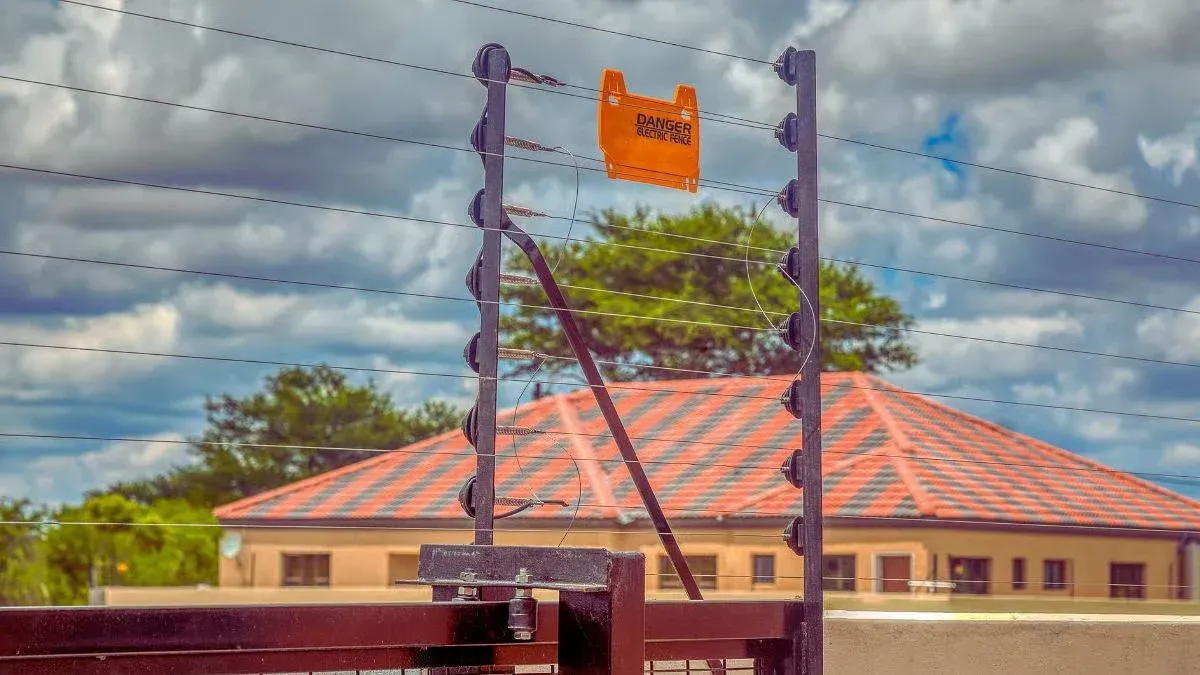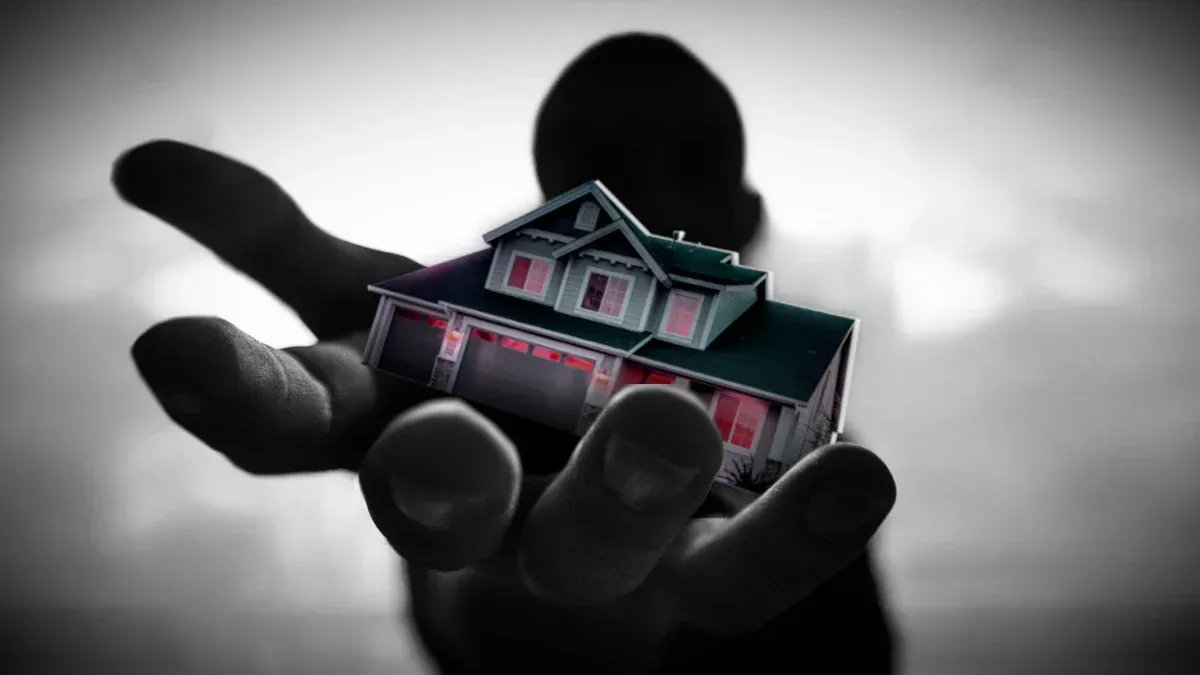Insurance News

The accelerated adoption of new technologies introduces new risks to businesses and households, but not always where you expect it to. So, while brokers and risk managers are on edge over cybercriminals using artificial intelligence (AI) to hack into bank accounts or steal clients’ data, there are some more basic devel
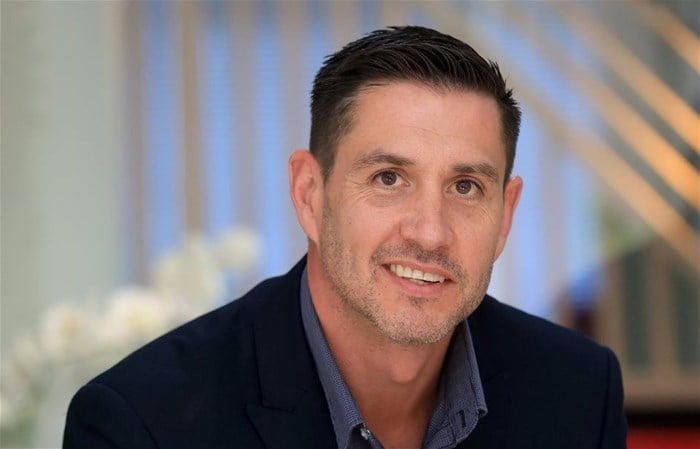
Over one-third (38%) of South African executives rank business email compromise (BEC) among their top three cyber threats - exceeding ransomware concerns - PwC’s 2024 Digital Trust Insights survey shows. It's no suprise then with over seven million phishing attempts logged in South Africa during 2023 alone, BEC is one


